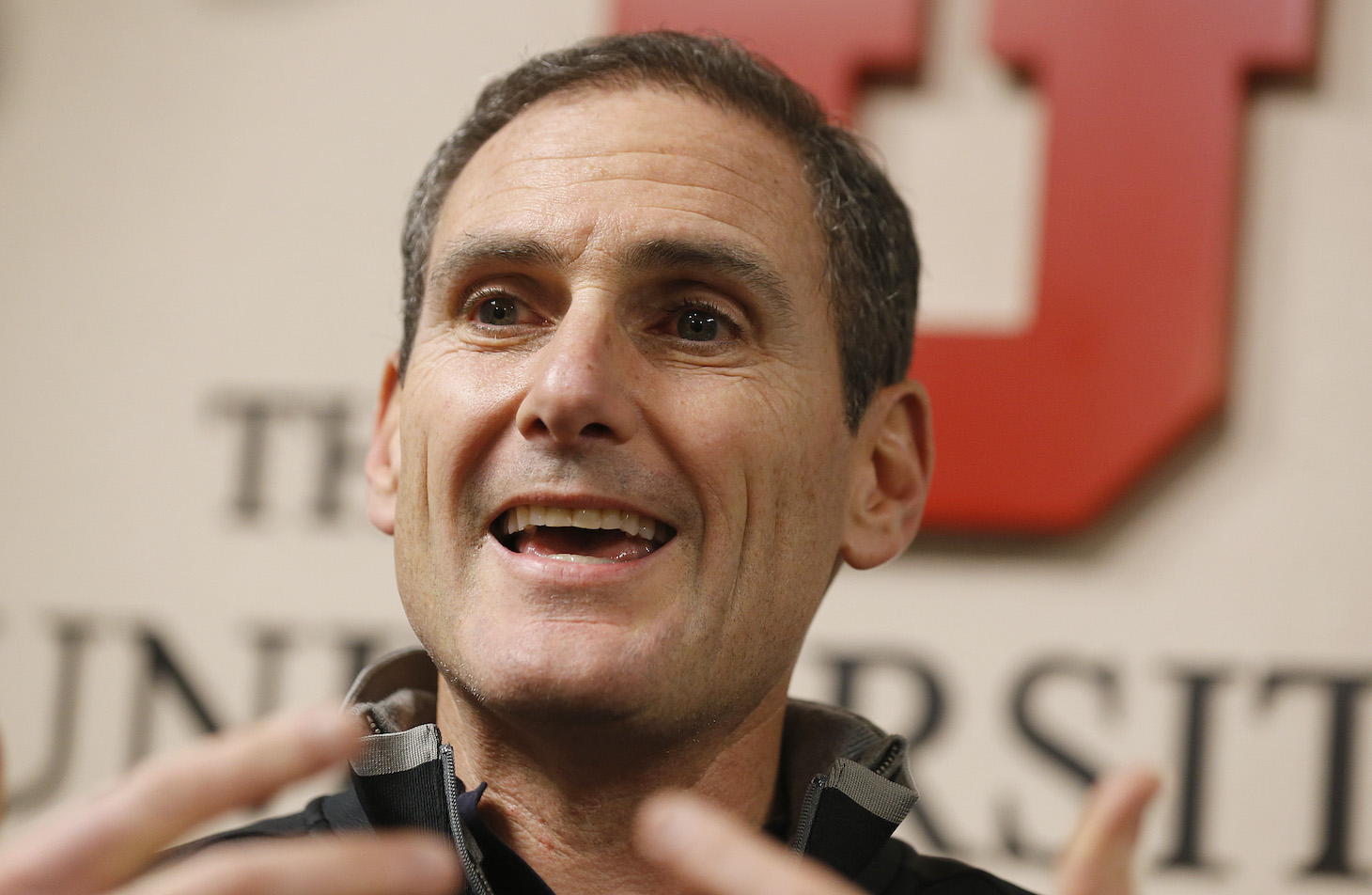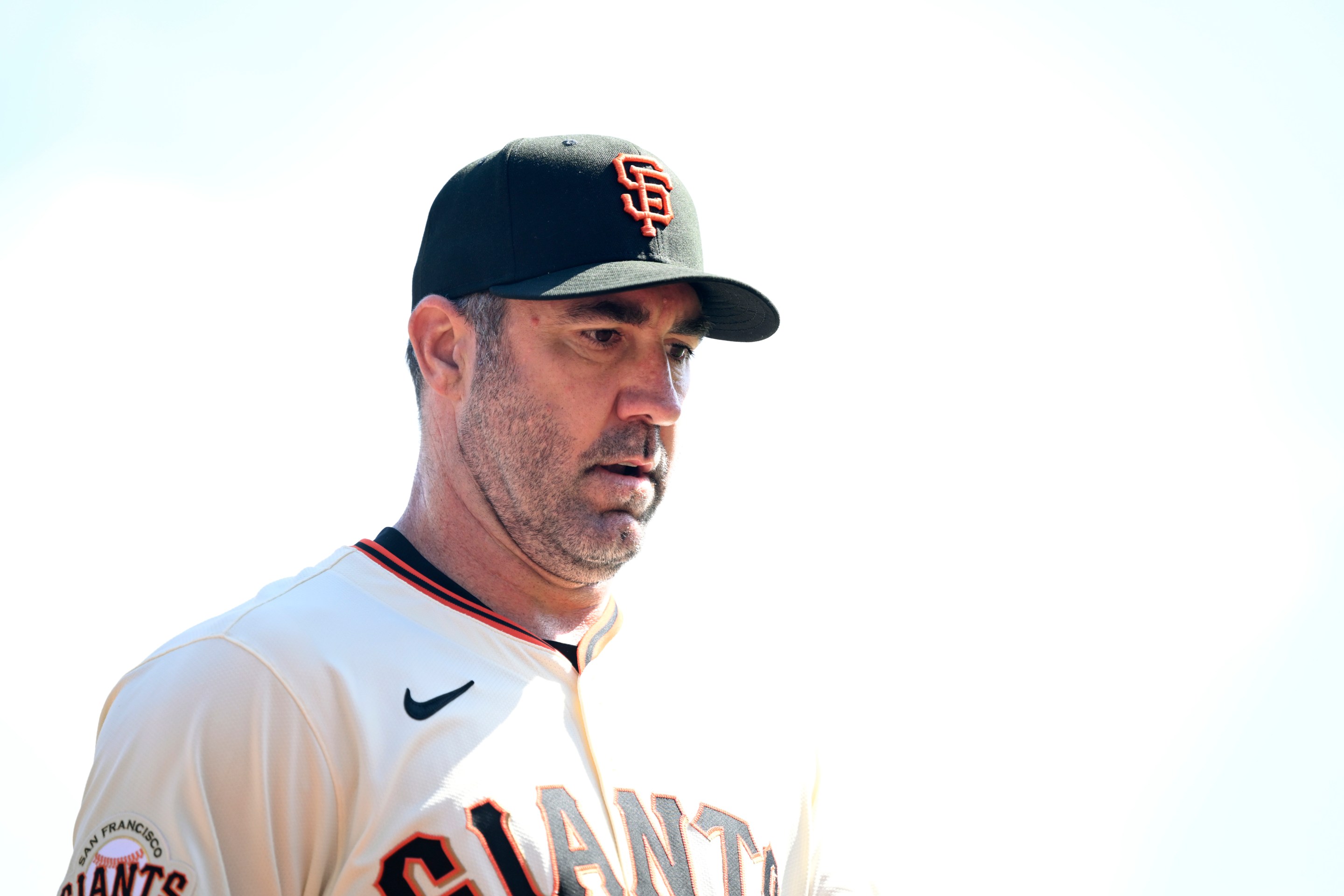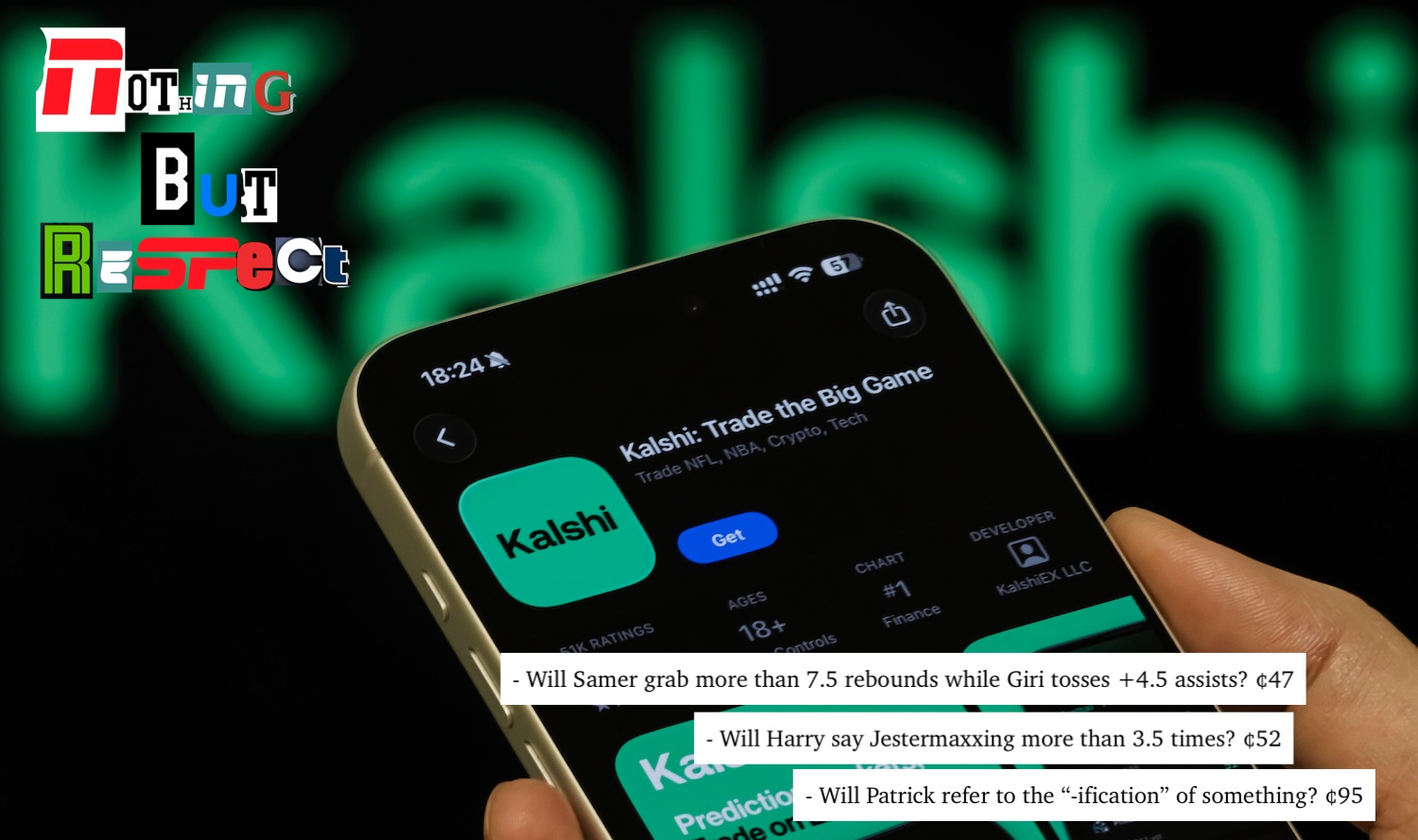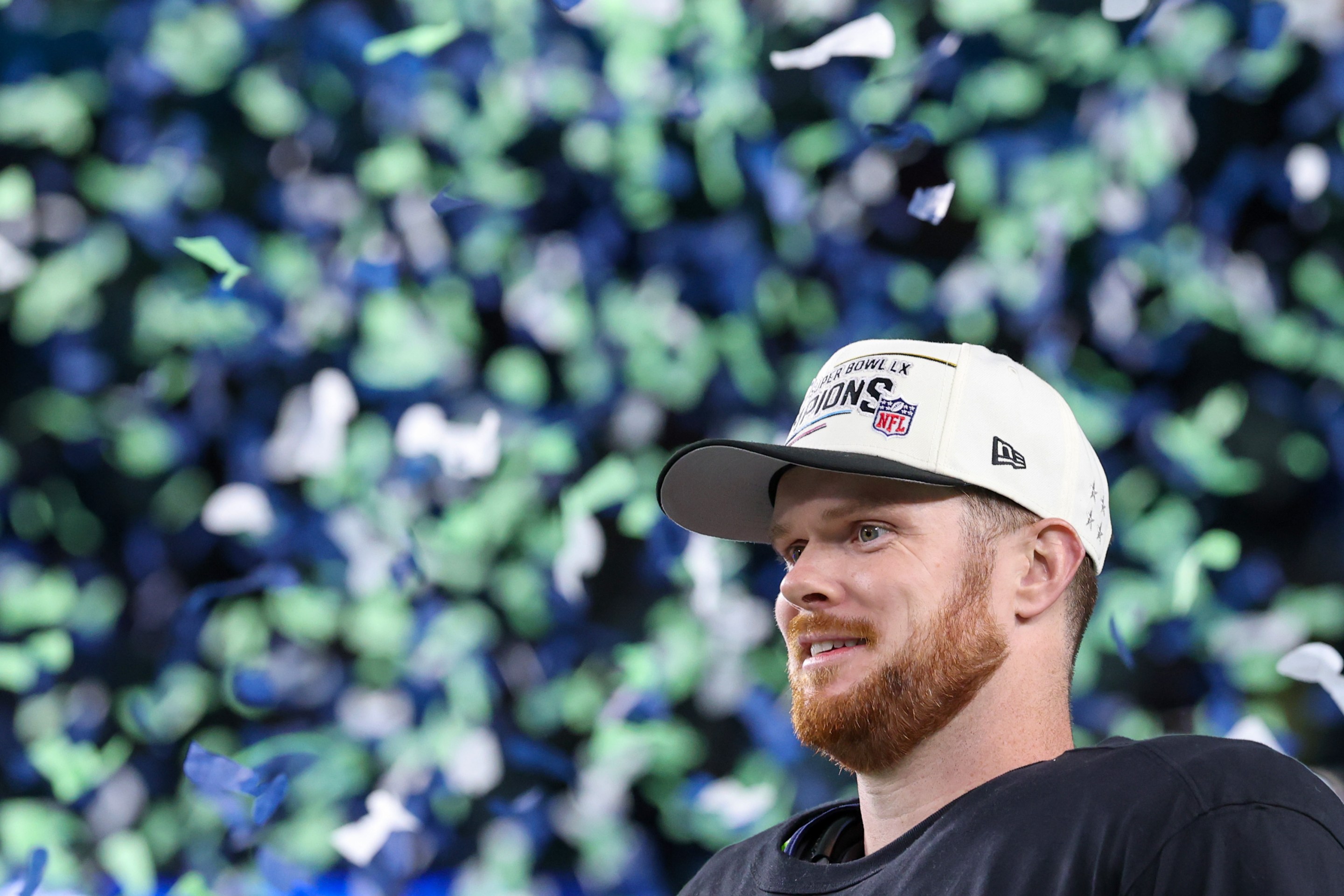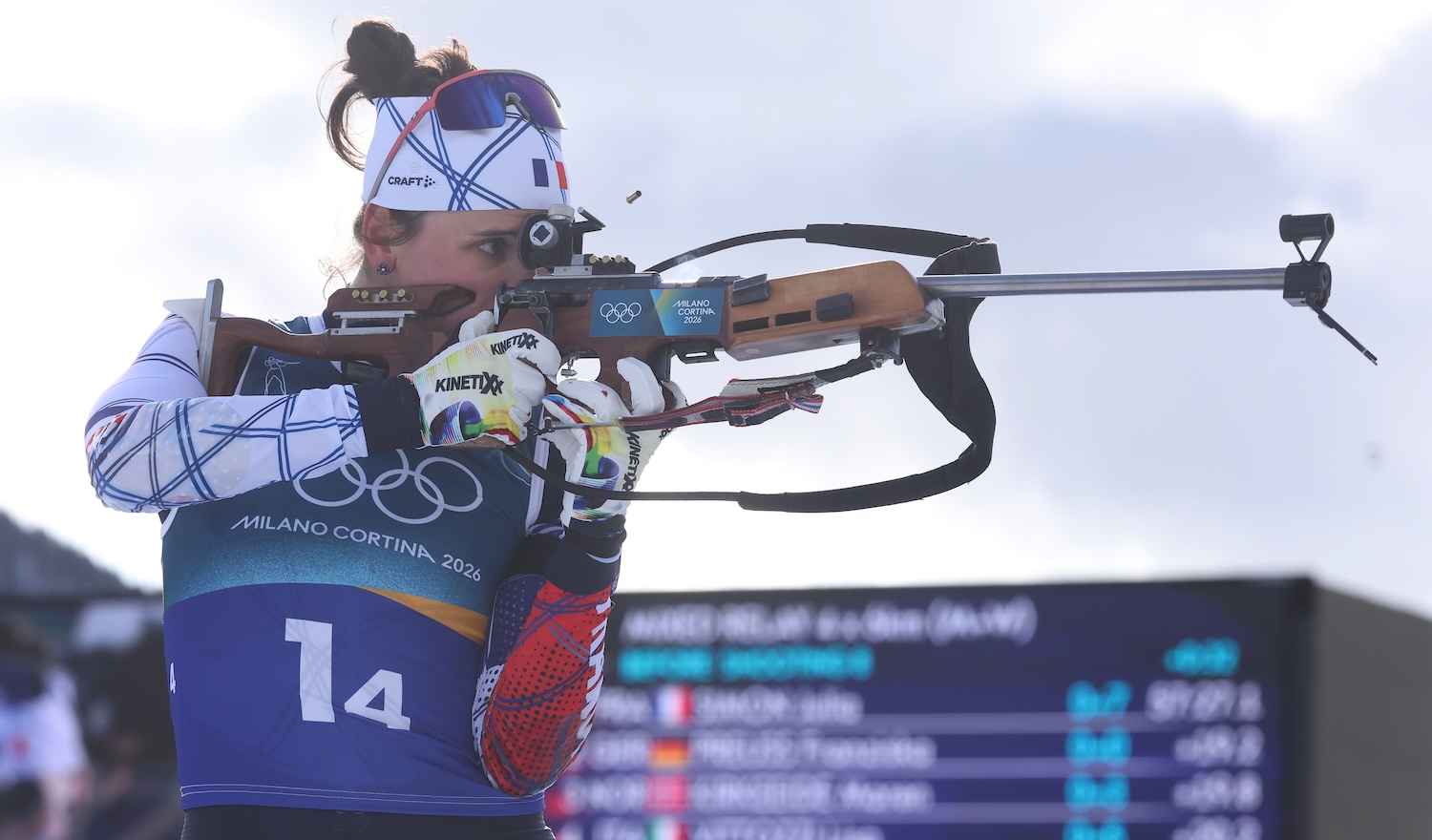It is a measure of everything that is backward, feckless, and riotously tone-deaf about the Pac-12 Conference that its presidents needed 11 years to realize that their commissioner, Larry Scott, had helped barrel-roll it into national irrelevance with great speed and torque.
Scott was the classic bureaucrat in that he took first care of himself and his fiefdom, but he was also the guy whose mom dropped him off at the two-yard line as an infant and he grew up thinking he only needed to waltz into the end zone to win the game, and ended up fourth-and-goal at the 36. He seemed to succeed at little save keeping the university presidents happy and ultimately failed at that, though in classic corporate fashion they waited until his contract was close to expiring (summer 2022) before "agreeing to part ways." This is toffee-nosed corp-speak for "We agree that we will stop paying you and for your part, you stop coming around." The sunk cost of his salary was harder for them to justify eating a year ago, but he still got got all the same.
Scott was responsible for keeping the Pac-12 up with the Joneses of the Big Ten and Southeastern Conferences, which was a loser's play from the start. The B1G and the SEC are legitimate and devotedly amoral money engines in American sport, which is what Scott promised his 12 university presidents when he was hired. He succeeded briefly, getting the first big media contract from ESPN and Fox, a 12-year, $3 billion deal which expires in 2024. The problem with that was that it became obsolete by college money-grubbing standards before the ink dried, and Scott couldn't chase the money the way those conferences could, and did.
Scott is most damned for creating a conference network the way Jim Delany and Mike Slive did, but asking for too much from programming carriers like DirecTV and regional cable networks, who typically declined to clear space for the Pac-12 Network. Scott was selling what became largely non-revenue sports and decidedly inferior football and basketball products over time as USC and UCLA diminished in national stature, and Oregon didn't fully replace the multiple voids.
Even when the conference wanted to be an industry leader in 2020, said it wasn't going to play through the pandemic, and went to the trouble of commissioning a scientific study so convincing that it convinced the Big Ten to follow its lead, the caution was dismissed as soon as the pay envelopes started coming back light. The Big Ten caved within weeks and returned to disease-riddled play, and the Pac-12, noble principles be damned, folded shortly thereafter. They couldn't even be good hypocrites.
No, this wasn't Scott's failure alone. The 12 presidents hired him because they had no firm grasp on how to stay even with the economic engines of the Big Ten and SEC, and he had only the arrogance of previous triumphs as his ally. This was a field of landmines disguised as a glade, and they all waded in wearing clown shoes.
But there was one other thing that dwarfs all the rest of these issues: The Western U.S. is far less invested in college sports, so the Pac-12 had less to bring in terms of captive audiences. A far greater percentage of people in the Pac-12 coverage area have other teams to follow or other things to do, and can ignore Saturday's big game because there's a game they care more about on Sunday, or in some agnostic homes, no game at all. The SEC and Big Ten (and to a lesser extent, the Big 12 and ACC) are participatory religions; the Pac-12 is a history of the popes you can read in your backyard if the weather's nice and you don't get all ambitious about mowing the lawn instead.
The Pac-12 presidents never understood that, pretending to be haughty academics and all, but they knew enough to hire Scott from the world of women's tennis to make their schools cash cows through technology and media exposure. Scott acted the part of a stereotypical network wheel, moving the offices to San Francisco and commanding a fat salary that always seemed too fat by a factor of three, but failing to deliver sufficiently lucrative football product to justify the trappings of success that weren’t there. His was the big box store full of stuff nobody wanted to buy, the limitless pasture with too few cows.
The conference has high-level Olympic and non-revenue sports galore. What it lacks are people who will pay to watch them. Football and to a lesser extent basketball drives this financial cart-before-the-horse setup, and the sporting culture of the West isn't the culture of the Midwest and Southeast. The Pac-12's money-bearing alumni bases don't have sufficiently deep roots and haven't for years; hell, the younger alums have in many cases left their place of graduation for gentler cost-of-living environments. The presidents pretended to miss the signals that the SEC and Big Ten were putting out for everyone to see—that universities are football programs, and libraries and labs mean less than than weight rooms and athletic dorms that convincingly claim constant influxes of booster money, and as a result the Pac-12 couldn't get in on the fifth floor after missing the elevator on the ground.
It wasn't that the presidents didn't know that in the economic environment of the early century, their own schools needed football money too. Almost from the start, they recognized that their customer bases weren't sufficiently rabid to sustain the budding hyperbusiness of college sports. In 2010, less than a year after he had signed on to the new gig, Scott tried to lure Texas, Texas Tech, Texas A&M, Oklahoma, Oklahoma State, and Colorado from the Big 12 in a grand plan to boost audience share. Only Texas already had its own ignorable network and wasn't inclined to share their piece of the action with the Pac-12, and Oklahoma wasn't going without Texas. The plan died before Texas Tech had time to load the car, and in the end only Colorado and Utah from the Mountain West moved west.
And this is where this all took the 5:15 express to hell.
What ruined Scott specifically after that first big expansion dice roll was his own hubris in thinking that he could bluff TV people. Network suits can hear money hit the snow like no others and have spewed enough disprovable nonsense in their day to know when someone else is trying to do the same. In recent times, they have reached the stage where they had to buy cornhole to fill in their programming day, but that wasn't always the case. They saw clearly that the Pac-12 wasn't what it was selling itself as, and didn't have bankable inventory or eyeballs to contribute, so they bought Pac-12 goods in significantly smaller increments and didn't clear their channel on their cable systems. Oregon was made by Nike and became the conference's national player, the only school to make the playoffs at all or the national championship game since 2006. All the other schools faded nationally or were never there. Even Stanford, which has enough athletic endowments to be Venezuela, has cut multiple sports, and not just because of the virus. Times are hard out here, and getting harder by the quarterly report.
But the presidents are still there, and likely no wiser for the experience. They tried to be above the money fray and failed. Then they tried to join the fray and failed too. They are now at the stage where they and Larry Scott are going to be the ill-remembered protagonists in a two-hour lecture in a sports media class night class that most students will skip for two-buck beer night at Shabby's Corner Tavern Of Higher Learning.
Scott's as-yet-unhired successor is already up to his or her neck in the mess that Scott inherited and then tripled in size. Because his plans failed, and then his bluffs off those plans failed, the Pac-12 is now more than a decade behind its alleged peers. Mike Leach chose Starkville over Pullman, if that helps bring it home.
Oh, well. It sucked while it lasted.
